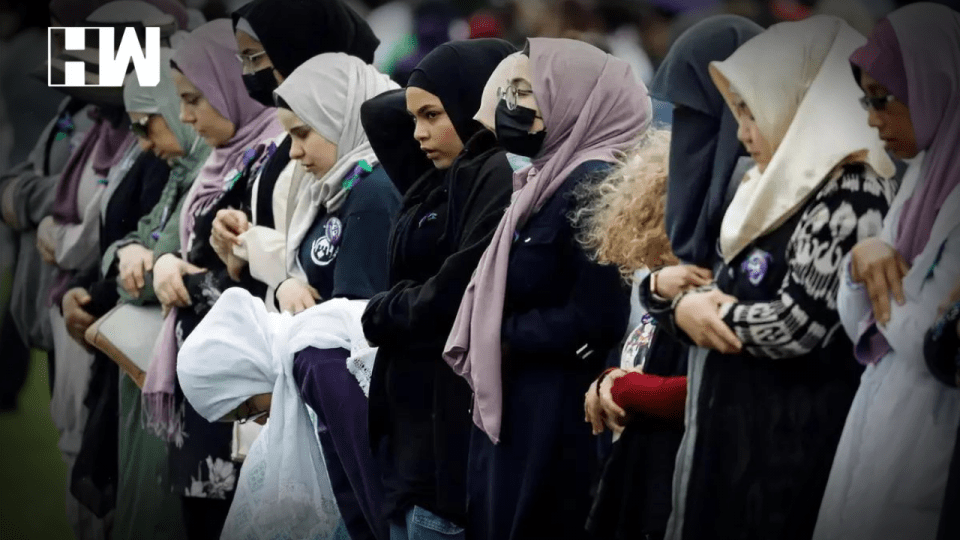Afghanistan Hijab: According to the posters, wearing short, tight, and transparent attire was also against Supreme Leader and Taliban chief Akhundzada’s directive.
Kabul: As reported by Agence France-Presse (AFP), an official revealed on Thursday that the Taliban’s religious police had put up posters in the southern Afghan city of Kandahar saying that Muslim women who do not wear an Islamic hijab that completely covers their bodies are “trying to look like animals.”
Since taking power in August, the Taliban have imposed draconian restrictions on Afghan women, reversing the meager gains they earned in the two decades since the United States invaded the nation and toppled the group’s previous rule.
Hibatullah Akhundzada, the country’s supreme leader and Taliban chief, issued a directive stating that women should typically stay at home. They were told to cover their entire bodies, including their faces, if they had to go out in public.
The Taliban’s feared Ministry for the Promotion of Virtue and the Prevention of Vice, which enforces the group’s rigid interpretation of Islam, put up posters featuring images of burqas, a form of garment that covers a woman’s body from head to toe, across Kandahar city this week.
According to AFP, the posters slapped on several cafés and stores and advertising hoardings around Kandahar — the Taliban’s de facto power centre — say that “Muslim women who do not wear the hijab are attempting to seem like animals.” According to the posters, wearing short, tight, and revealing attire was also against Akhundzada’s rule.
The ministry’s spokesman in Kabul was unavailable for comment, but a top local official verified that the posters had been up.
“We have put up these posters, and those women whose faces are not covered (in public), we will warn their families and take the necessary procedures,” Abdul Rahman Tayebi, the ministry’s head in Kandahar, told AFP.
The rule issued by Akhundzada directs officials to warn and possibly dismiss male relatives of women who do not comply.
Outside of Kabul, the burqa, necessary for women during the Taliban’s first tenure in power, is widely worn.
On Wednesday, UN Secretary-General Michelle Bachelet blasted the hardline Islamist administration for “institutionalized systematic oppression” of women.
“Their situation is critical,” she stated.
After regaining power, the Taliban promised a gentler version of their prior severe governance system, which was in place from 1996 to 2001. However, many limitations have been put on women since August.
Tens of thousands of girls have been prevented from attending secondary school, and many women have been barred from returning to government positions. As stated by AFP, women are prohibited from traveling alone and are only allowed to attend public parks in the capital on days when men are not permitted.
As an independent media platform, we do not take advertisements from governments and corporate houses. It is you, our readers, who have supported us on our journey to do honest and unbiased journalism. Please contribute, so that we can continue to do the same in future.

